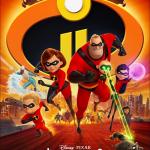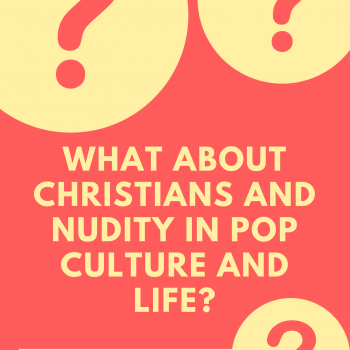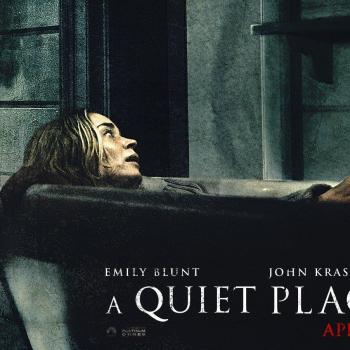This piece is written as a companion to episode 17 of The Pop Culture Coram Deo Podcast and, like that episode, contains numerous spoilers. Read on at your own discretion.
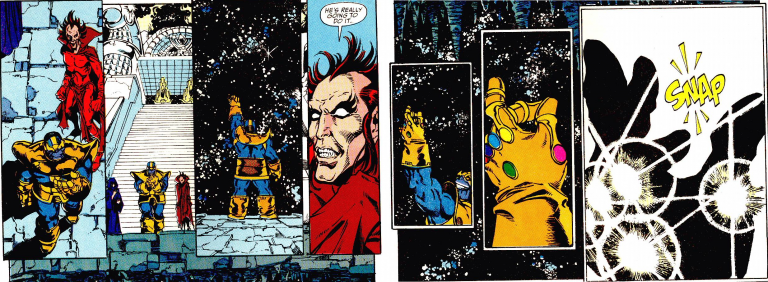
There it is.
Those panels are the first time I saw what has come to be known as The Snappening.
Back then I was old enough to ride a bike and did just that, multiple times per week, to a local store that stocked comic books – hoping that the next issue would be waiting on the spinner rack (and for those of you asking: no, I didn’t understand the concept of a publishing schedule). My friend Adam had clued me in to the Infinity Gauntlet saga and how, well, epic it was. His enthusiasm eclipsed mine, for sure, but nonetheless I enthusiastically began a relationship with characters from the Marvel Universe that were less familiar to me.
Death, Death, and More Death
Thanos, of course, was a big addition (I hadn’t quite made it to Titan in my used-bookstore-comic-bin reading diet yet). But I also met Nebula (poor Nebula), Mephisto (the devilish-looking fellow in those panels above), Drax the Destroyer, and many more. I would eventually meet – and come to appreciate – Adam Warlock, Quasar, and particularly The Silver Surfer.[1] The Infinity Gauntlet saga was vast, sweeping, and by the time we got to Infinity Gauntlet #3 cosmic to all but the highest level of the Marvel Universe cosmology.
But before all of that we had to deal with the fallout of Thanos’ decision to end half the universe (I believe in story they vanished, rather than died). Spiderman’s wife Mary Jane, Dr. Strange’s Wong, and lots of heroes:

Page after page brought a new visage of horror as characters we knew, identified with, and loved came to grips with the horrors of Thanos’ decision. The aforementioned Silver Surfer, more than anyone else, captured the sentiment of those within the Marvel Universe but also those of us reading about it in 4-color panels:
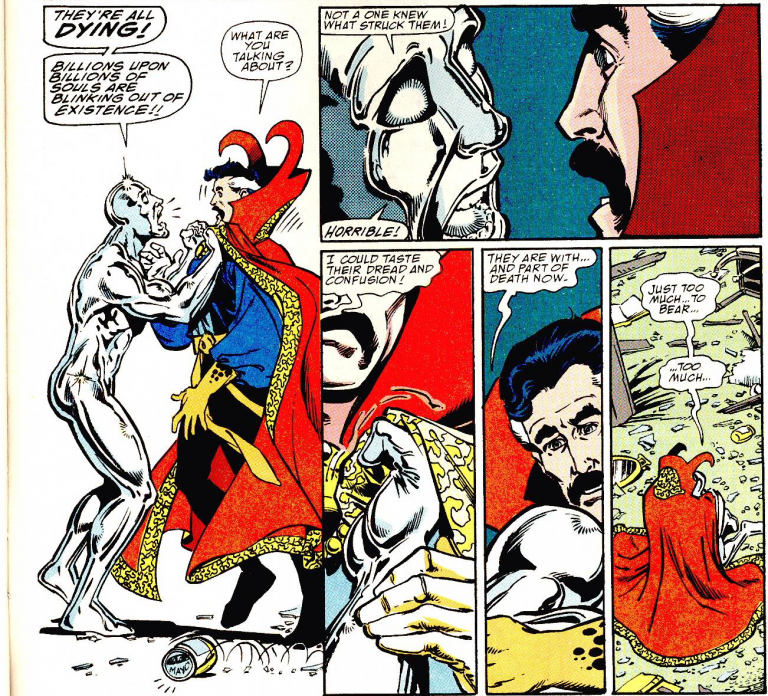
What Kind of God is This?
If you were a kid like me, reading these issues with baited breath, you may remember how the first issue of Infinity Gauntlet began. Let me jog your memory – a narrator, disembodied, establishes the stakes:
“There can be no denying it.
You are supreme.
Anything you wish to be, you are.
Anything you wish, is.
Nothing in this universe dares challenge that claim.
There be only one word to describe you…”
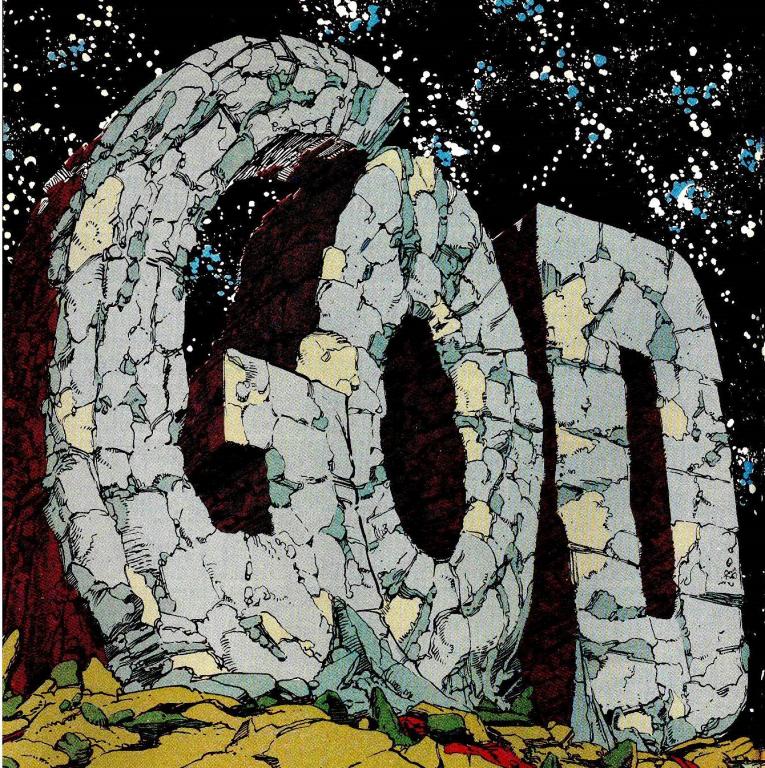
And, of course, this is exactly what Thanos has become. In-story he’s the absolute lord of life and death. The best term we have to describe that being is god.
My, How the Times Have Changed
10,000 days then passed. Marvel Comics has become sister to perhaps the most successful motion picture studio of the 2000s. Thanos and the Infinity Gauntlet saga showed back up, this time in movie theaters across the world.
Some stuff had changed. There’s no Silver Surfer.[2] Thor is… well… Thor (and not Eric Masterson[3]). But the core of the film is the same as the comic: Thanos has become god and the universe shakes in fear at what he does with that power.
But while many things stayed the same in the story a lot changed in the real world during the intervening ~27 years between comic and film.
We live in a world where Peak Oil Theory is a thing.
And we live in a world apparently committed to the mythology of Global Overpopulation.
Remember the Silver Surfer collapsing under the weight of Thanos’ monstrous decision? He’s nowhere to be found, in more ways than one.
Now we get pieces (and a subreddit) rallying around the idea that Thanos had a credible point (see Slate and Forbes as examples[4], the latter there rightly understanding Thanos as a Malthusian agent).
Over those 10,000 days between comic and movie the world went from asking, in fear, what horrible things a god who loved death (in the comic’s case, Lady Death) would do with his power to one speculating that it would be a fine idea for those holding the power of life and death to use that power to, you know, cull the herd a bit. Call it the Titan Option.
Whose Story Is This, Anyway?
But remember: the little stories of Infinity Gauntlet and Avengers: Infinity War are being told in the context of the actual story being told through reality by an actual, for-real God who is both Lord and Master Storyteller.
It is then no coincidence that on the same weekend that the world turned out en masse to behold a cinematic Titan snap half the cosmos into the clutches of death the world also saw the courts of the United Kingdom decide that death was the better option for Alfie Evans’ quality of life, contrary to his parents’ (and even other nations’) desire to try continued treatment.
What is the actual, for-real God doing by putting Avengers: Infinity War chronologically right up against the Alfie Evans saga? Answering that question completely is beyond my abilities but can I suggest part of the answer?
The New Testament seems to indicate the concept of heightened condemnation in judgment – see Luke 12:42-48. The idea is that God, who in addition to being Lord and Master Storyteller is also the final Judge before whom all men will appear to give an account, expects that those who know more – or were given opportunity to see more clearly – will face a stricter judgment.
Could it be that God is making His case against a morally bankrupt Western culture that, like Thanos, has come to love and worship Lady Death by enticing swaths of people into viewing a morality tale that should inform their consciences about how to respect the lives of their neighbors and the need to protect the vulnerable from the powers that would deny the most basic human right to the weak?
I think it highly likely that this is at least part of the answer to my earlier question. It sounds just like what a Judge who wanted to make the justice of His verdict crystal clear would do. And it sounds just like what a Master Storyteller would do to help His audience see, beyond a shadow of a doubt, who the bad guy in the story is.
—————————————————————————————————–
[1] Which, by the way, is the element no one realizes is sorely missing from the cinematic adaptation of Infinity Gauntlet we’re seeing play our in Avengers: Infinity War and its forthcoming sequel. I’m blaming you 20th Century Fox.
[2] Still looking at you (angrily), 20th Century Fox
[3] Note: no hate allowed in the comments for this version of Thor. Masterson’s Thorish (or Thunderstrike or whatever) is a character near and dear to my nostalgic heart.
[4] I should note that there were, thankfully, plenty of people in the broader media decrying the alleged wisdom of Thanos’ choice. What I am drawing attention to is that they had to write those pieces because, culturally, we lost the assumption that everyone would already know that Thanos’ choice was monstrous.

